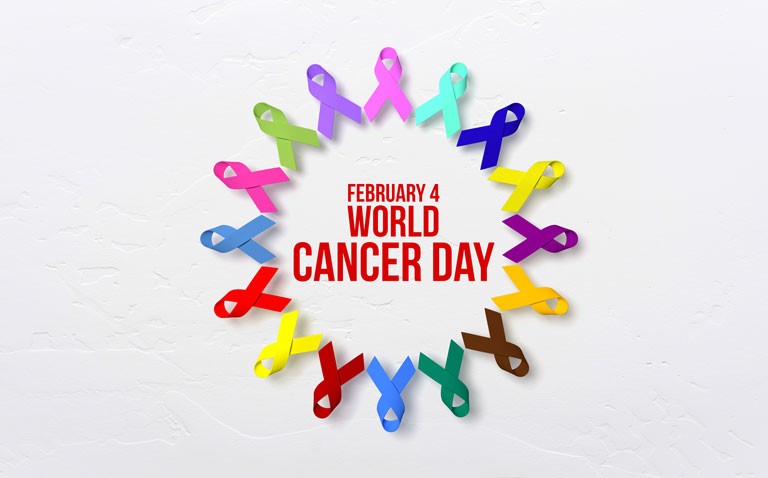Research published on World Cancer Day 2022 reveals that the majority of working age cancer patients say that the mental health impact of their treatment is greater than the physical impact
The survey of 1241 working age people living with cancer highlights the importance of work for most cancer patients but also exposes the challenges many face in returning to, and thriving at, work. The research was conducted by Stephen Bevan of the Institute for Employment Studies (IES) and Barbara Wilson of Working With Cancer in the UK – who both live with cancer.
Other headlines from the survey include:
- Only 57% of cancer patients returning to work knew they were legally disabled under the 2010 Equality Act.
- Over half said that their medical teams or occupational health professionals did not discuss their return to work, and only 22% of HR departments told patients about their right to ask for reasonable adjustments and a phased return to work.
- A third of respondents did not make a phased return to work and a quarter had to take annual leave to receive vital cancer treatment.
- While most respondents had received positive support from their colleagues and line managers, a significant minority experienced bullying, being shunned at work and redundancy.
- Those living with advanced or metastatic cancer reported receiving lower levels of support and access to workplace adjustments, suggesting that many employers find it more difficult to know how to support patients with complex cancers and those with a terminal diagnosis.
Stephen Bevan, Head of HR Research Development at IES said, ‘Although cancer survival rates are increasing, which is good news, it is disappointing that so many people living with cancer face barriers to getting back to work after often distressing treatment. It is especially concerning that so few GPs and specialist cancer nurses are having conversations with patients about work.’
CEO of Working with Cancer Barbara Wilson commented, ‘We are worried that so many people living with cancer – and their employers – remain unaware that the Equality Act entitles cancer patients to workplace adjustments which can help them return to work and to adjust to a life with or after cancer. Our own work with people living with cancer shows that access to information about managing work and cancer, coaching support and flexible working can make an enormous difference to people’s lives.
With 1 in 2 people in the UK likely to receive a cancer diagnosis, and half of those of working age, it essential that employers and healthcare professionals give a higher priority to good employment outcomes for cancer patients. Sadly, fewer than two-thirds of employees with cancer have returned to work or are still working a year after getting a diagnosis, often adding to the mental health and financial woes of many.
Dr Liz O’Riordan, consultant breast surgeon and breast cancer patient, said, ‘Sadly, I am not surprised by the results of this survey. As a doctor I had no idea that the Equality Act applied to every patient I operated on. When I got breast cancer myself, my own line manager didn’t know. It was only when a desperate internet search led me to ‘Working with Cancer’ that I realised I had rights and could ask for a longer phased return to work.’
The report highlights several areas where both healthcare professionals and employers can do more to ensure that more people living with cancer can return to work successfully and sustainably. These include:
- Healthcare professionals should prioritise return to work as a clinical outcome of their care.
- There should be improved training on having return to work conversations for cancer nurse specialists, GPs and occupational health professionals – with a specific recognition of the mental health challenges faced by many patients.
- Employers should update their return to work policies to recognise the provisions of the Equality Act as it related to people living with cancer.
- Employers should offer 1;1 coaching on return to work practices for both cancer patients and line managers.
- Employers should support & fund ‘buddy networks’ of employees who have had experience of cancer to help provide peer support and guidance for colleagues and their managers.










